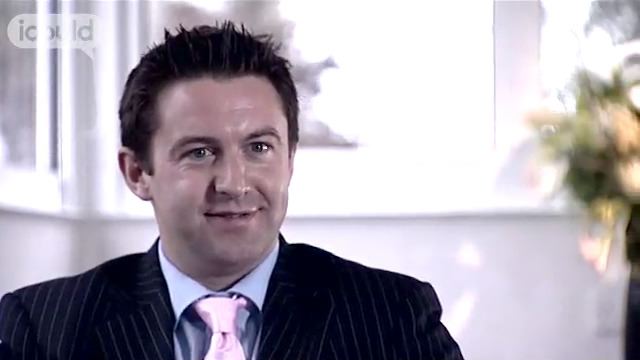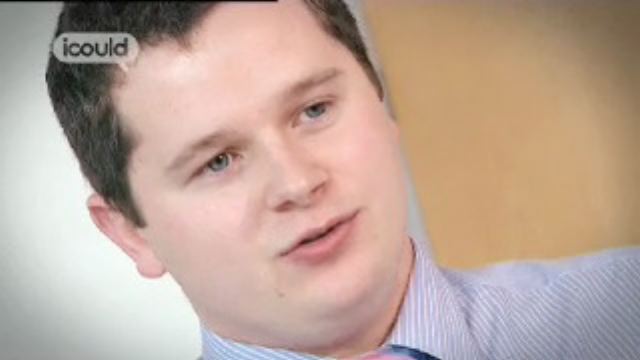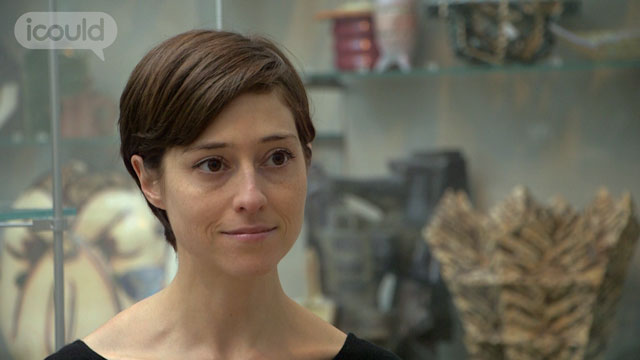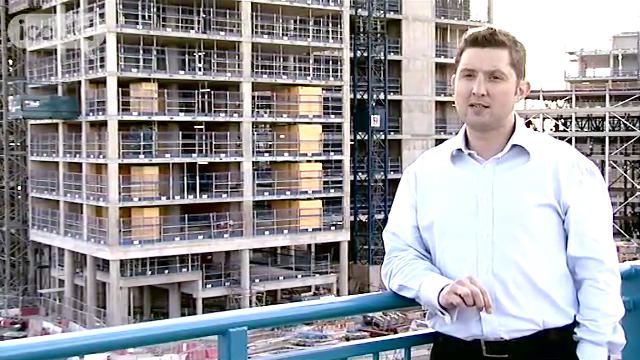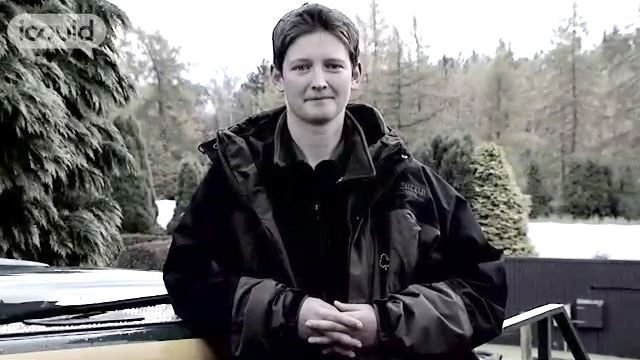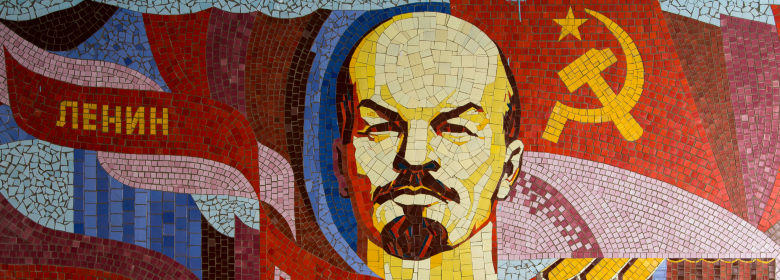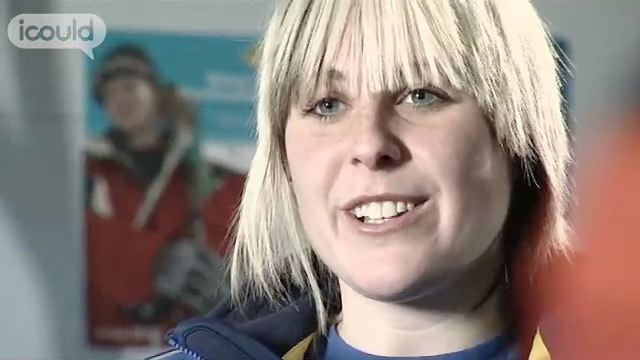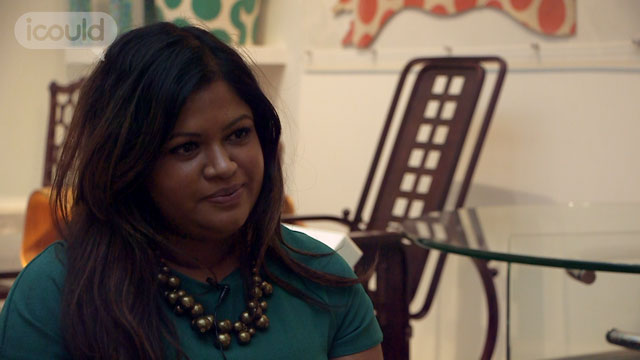Explore: Leisure, tourism and museums
Client Project Manager
V&A
info Issues viewing the video?
| Time Code | INTERVIEW WITH PHILIPPA SIMPSON |
| 00:02 | My name’s Philippa Simpson. My job title is Client Project Manager and I work for the V&A. |
| 00:08 | A client project manager is the person really who brings together the different people involved in a large building project and within the V&A that’s largely about driving forward the design process. So I work with the designers, the engineers, the architects, in bringing together their drawings, their ideas, I particular at the moment for the interior design spaces and how they are translated really and brought into fruition by their contractors and the builders. |
| 00:39 | It’s essentially a liaison position. I don’t take any decisions myself, but I make sure that information is shared with the right people, for the right decisions to be made. |
| 00:51 | The best thing about working at the V&A are the people. Just the range of talents, the range of expertise. Everybody’s enthusiasm for the place, their dedication to public service, working for a public museum, and in my opinion, everybody here’s really working at the top of their game, everybody’s the best at what they do and it’s just incredibly inspiring to see what people are capable of. |
| 01:14 | A sense of huge responsibility, I think that’s the main thing, is that you do feel that, you know, you are looking after something which belongs to the nation, which is hugely important, so you want to make sure you do it right. |
| 01:28 | Well the V&A run a number of schemes, internships and placements. In our office in particular, in projects, which is concerned with large capital projects, that’s big building projects that deal with the fabric of the museum, we’ve had a number of people come to work with us. Usually people who are around sixth form age, A Level age, who spend a week or a couple of weeks with us, over the summer, just learning about what we do, shadowing somebody in the office, learning about their job. |
| 01:58 | Well project management’s really interesting because people who work in that environment have often come from all sorts of different backgrounds, so I in fact started as a curator and I worked in exhibitions and now work in capital projects, so a lot of it is about actually transferable skills. I think good organisation is a big one and also diplomacy, a good outlook, good attitude, personable, you’ve got to be able to get on with a lot of different people, especially people who have a big investment in whatever you’re doing in the project. So there’s a lot of just managing people’s expectations and getting along with the m. But to be completely honest, I think just enthusiasm and interest in what we do here, is the most important thing and a willingness to learn and somebody who picks things up quickly, who’s attentive, yeah, is enthusiastic, I think they’re the main qualities. |
| 02:56 | I did three A Levels, theatre studies, classics and English literature and I would say they were good, actually, they were good ones. Things like English, classics, history, ones that, you know, are quite broadening and teach you about a great range of stuff, are a really good foundation for a broad variety of careers, I would say. I then took a couple of years out actually and worked in different places, then went to university, where I did an art history degree and then straight from there to doing an MA in art history and then a couple of years off again, after that, working in galleries and then I did a PhD and that was, while I was doing that I was working at Tate and I joined the V&A about eight months ago, I think it was now, as a project manager. So moving really from temporary projects into big, capital projects. |
| 03:50 | If you wanted to do my job, the experience you would need would be working on projects, primarily. I mean it sounds very, very basic, but projects could be anything, they’re so varied. I mean it might be an IT project, it might be a building project, a design project. Really anything, it might be seeing a book through to publication. Anything like that, and to try to think really imaginatively about what it is you’ve done and how that might be appropriate or applicable. But also meet people, meet as many people as you can. The more you know about just what people do, the better it is and you just learn those people skills and communication skills. It’s the most important thing. |
| 04:34 | END |
“Learn those people skills and communication skills – it’s the most important thing.” With a background in art history, Philippa started out as a curator, before moving into project management. She is now responsible for bringing together the different people involved in large building projects and making sure information is shared so the right decisions can be made.
More information about Construction project managers and related professionals
Data powered by LMI For All
£43,160
average salary
The UK average salary is £29,813
38
average weekly hoursThere are 37.5 hours in the average working week
78%
male
22%
female
The UK workforce is 47% female and 53% male
Future employment
Future employment
Description
Job holders in this unit group manage and oversee major construction and civil engineering projects and major building contracts for quality of work, safety, timeliness and completion within budget; forecast travel patterns and develop strategies for managing the impact of traffic-related demand.
Qualifications
Entrants normally possess a degree in a relevant subject or equivalent qualification and/or substantial work experience at an appropriate level. Further Continuing Professional Development is available in some areas.
Tasks
- Draws up budgets and timescales for new construction projects based on clients’ requirements;
- Briefs project team, contractors and suppliers;
- Assembles information for invoicing at the end of projects;
- Plans work schedules for construction projects based on prior discussion with architects, surveyors etc.;
- Hires and may supervise site staff, establishes temporary site offices, takes delivery of materials;
- Regularly inspects and monitors progress and quality of work, ensures legal requirements are met;
- Identifies defects in work and proposes corrections;
- Records, monitors and reports progress;
- Forecasts the impact on traffic and transport of new developments (e.g. shopping centre);
- Assesses schemes to manage traffic such as congestion charging and parking controls;
- Examines accident ‘blackspots’ to improve road safety;
- Writes reports for funding bids and planning authorities and acts as expert witness.
Employment by region
Top 10 industries for this job
Specialised construction
18098
Architectural & related
17187
Construction
9895
Land transport, etc
7601
Civil engineering
4926
Health
4916
Head offices, etc
3955
Retail trade
3894
Membership organisations
3494
Real estate
2748
Employment status
Related career stories
⇦
⇨
